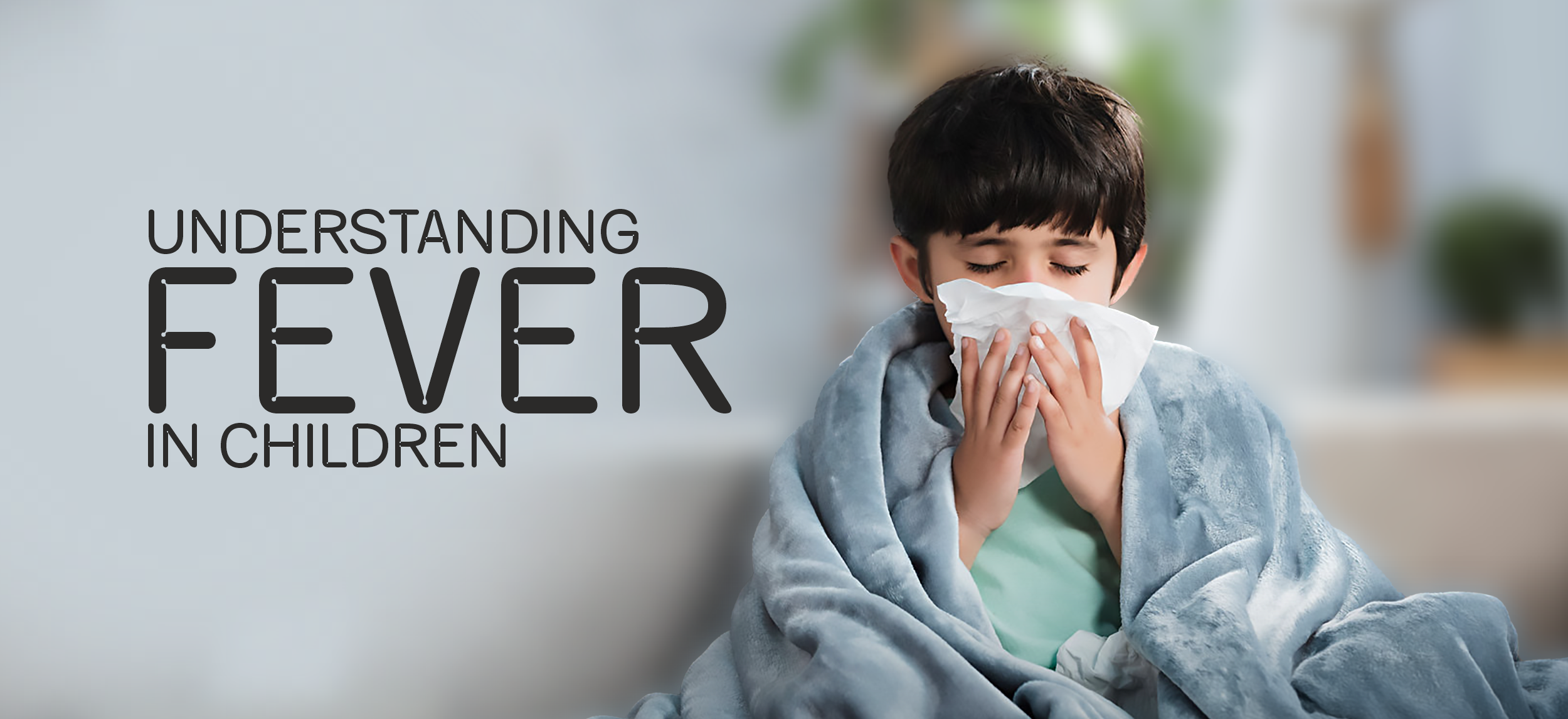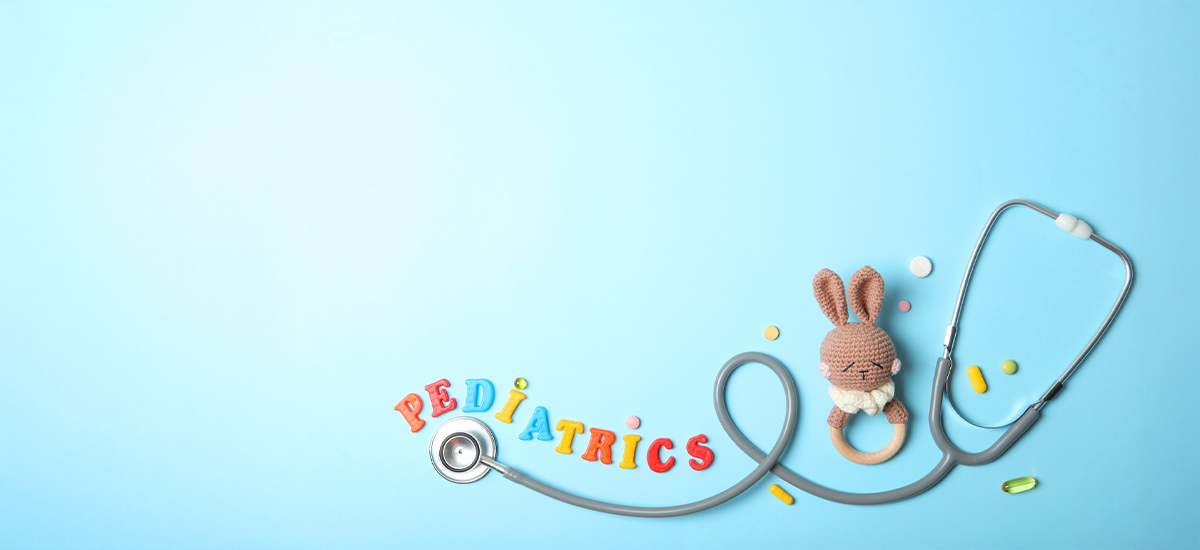Categories
Common Digestive Problems in Children: A Crucial Guide for Parents
Jul 23, 2025
As parents, your role in understanding and addressing digestive problems in your children is crucial. From the first spoon of mashed banana to that suspicious bite of mud in the backyard, their digestive system is constantly put to the test. While most tummy troubles are short-lived and harmless, some digestive problems in children may be signs of something more serious. Knowing when to wait it out and when to seek expert care is key.
This article offers a detailed look at common digestive problems in children, what causes them, and the importance of seeking expert care from a Pediatric Gastroenterologist for a thorough evaluation.
Some children may experience occasional problems like gas or indigestion, while others may deal with more persistent issues that interfere with their growth, appetite, or daily routine.
Signs To Watch:
Signs To Watch
Signs To Watch
Signs To Watch
Signs To Watch
Digestive health plays a vital role in your child’s overall development. From nutrient absorption to mood regulation and immune strength, a healthy gut is the foundation for lifelong well-being.
If you notice recurring digestive problems in your child, don’t brush them off as “just a tummy ache.”
Trust your instincts and consult a qualified Pediatric Gastroenterologist at Rainbow Children’s Hospital.
For More Information and Appointments, Please Call:
Disclaimer:
The information provided in this blog is for general informational purposes only and should not be considered a substitute for professional medical advice, diagnosis, or treatment. Always seek the guidance of a qualified healthcare provider with any questions you may have regarding a medical condition, symptoms, or treatment options. Never disregard professional medical advice or delay seeking it because of something you have read here.
This article offers a detailed look at common digestive problems in children, what causes them, and the importance of seeking expert care from a Pediatric Gastroenterologist for a thorough evaluation.
What Are Digestive Problems in Children?
Digestive issues in children refer to any discomfort or difficulty in the normal digestion process, from swallowing to nutrient absorption and waste elimination. These problems can affect the esophagus, stomach, intestines, liver, or pancreas.Some children may experience occasional problems like gas or indigestion, while others may deal with more persistent issues that interfere with their growth, appetite, or daily routine.
Common Digestive Problems in Children
Constipation
One of kids' most common digestive concerns is constipation, which happens when a child has infrequent or painful bowel movements. It is often caused by a low-fibre diet, dehydration, or ignoring the urge to go.Signs To Watch:
- Fewer than three bowel movements a week
- Hard, dry stools
- Abdominal pain or bloating
- Discomfort during toilet time
Gastroesophageal Reflux Disease (GERD)
It’s normal for infants to spit up occasionally. But if a child experiences frequent vomiting, irritability, or poor weight gain, it may be due to acid reflux, where stomach acid flows back into the esophagus.Signs To Watch
- Poor feeding
- Frequent crying during or after meals
- Refusing to eat
- Breathing issues like wheezing or coughing at night
Lactose Intolerance
Some children cannot digest lactose, the sugar in milk and dairy products. This can lead to gas, bloating, diarrhea, and stomach cramps soon after consuming milk-based foods.Signs To Watch
- Bloating and gas shortly after consuming milk or dairy products
- Abdominal cramps or discomfort
- Watery diarrhea within a few hours of eating dairy
- Nausea or mild vomiting in some cases
Irritable Bowel Syndrome (IBS)
IBS is a chronic condition that affects the large intestine. Children may complain of stomach pain, cramping, diarrhea, or constipation, especially during times of stress.Signs To Watch
- Bloating soon after consuming dairy products
- Changes in stool consistency
- Relief after passing stool
- Recurrent pain without any infection
Food Allergies or Intolerances
Digestive problems in children can also stem from food sensitivities. Common culprits include gluten (in wheat), eggs, soy, peanuts, and certain fruits.Signs To Watch
- Skin rashes
- Diarrhea
- Vomiting
- Breathing difficulty in severe cases
Inflammatory Bowel Disease (IBD)
Although less common, some children develop IBD, which includes Crohn’s disease and ulcerative colitis. These are autoimmune conditions that cause chronic inflammation in the gut.When Should You See a Pediatric Gastroenterologist?
While many digestive problems settle independently, some signs suggest the need for a specialist. A Pediatric Gastroenterologist in Delhi is trained to diagnose and manage complex digestive, liver, and nutritional disorders in children. You should consult a doctor if your child:- Has persistent stomach pain that interferes with sleep or daily activities
- Experiences unexplained weight loss or poor growth
- Frequently vomits or has reflux symptoms beyond infancy
- Passes blood in stool or has chronic diarrhea or constipation
- Has food-related reactions affecting digestion
- Complaints of fatigue, lack of appetite, or signs of nutrient deficiencies
What to Expect During the Visit?
At Rainbow Children’s Hospital, our experienced pediatric gastroenterologists work closely with families to understand the child’s symptoms and history. Based on the evaluation, your doctor may recommend:- Blood and stool tests
- Food allergy testing
- Imaging studies (like ultrasound or endoscopy)
- A personalised diet plan or medication
- Long-term follow-up for chronic conditions
Digestive health plays a vital role in your child’s overall development. From nutrient absorption to mood regulation and immune strength, a healthy gut is the foundation for lifelong well-being.
If you notice recurring digestive problems in your child, don’t brush them off as “just a tummy ache.”
Trust your instincts and consult a qualified Pediatric Gastroenterologist at Rainbow Children’s Hospital.
For More Information and Appointments, Please Call:
FAQs
1. When is a child’s stomach ache something to worry about?
Most tummy aches in kids are harmless and go away on their own. But if your child has frequent or severe stomach pain, pain that wakes them at night, or is paired with vomiting, weight loss, or blood in stool, it’s best to consult a pediatric gastroenterologist.2. Can everyday foods cause digestion problems in children?
Yes. Foods like milk, wheat (gluten), peanuts, and soy can cause discomfort if your child has food intolerances or allergies. These can lead to symptoms like gas, diarrhea, or cramps. A specialist can help identify and manage food-related triggers.3. What should I do if my child is constipated often?
If your child passes stool fewer than three times a week, complains of pain while pooping, or avoids the toilet, they may be constipated. Offer more fibre, water, and physical activity, and see a doctor if it lasts more than a week or becomes a regular issue.4. Who should I see for ongoing digestive issues in my child?
If your child has recurring digestive problems, it’s best to consult a Pediatric Gastroenterologist in Delhi, a doctor who specializes in children's stomach, liver, and bowel conditions. They can run tests and create a treatment plan suited to your child’s needs.Disclaimer:
The information provided in this blog is for general informational purposes only and should not be considered a substitute for professional medical advice, diagnosis, or treatment. Always seek the guidance of a qualified healthcare provider with any questions you may have regarding a medical condition, symptoms, or treatment options. Never disregard professional medical advice or delay seeking it because of something you have read here.











